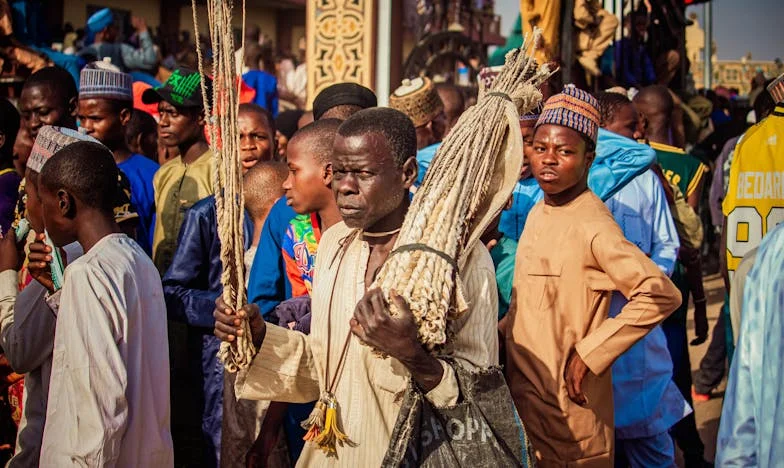The Unseen Garden
“How could you let it get this bad, Mark?” I shouted, my voice echoing off the walls of the small, cluttered living room. The air was thick with the smell of stale beer and despair, remnants of the life my brother had let slip through his fingers.
Mark looked at me, eyes bloodshot, the weight of his failures etched into every crease of his face. “It’s not what you think, Sarah. I was going to get it together.” His voice cracked, revealing the vulnerability beneath his tough exterior. But I wasn’t in the mood for sympathy. Not after what I had discovered.
Earlier that day, I’d received a call from the school counselor. “Ms. Jensen,” she began, “we’re concerned about your niece and nephew. They’ve been coming to school hungry and in clothes that aren’t warm enough for winter.”
My heart dropped, and a wave of guilt washed over me. How had I missed the signs? I should have known better. I should have seen what was right in front of me.
The counselor’s voice faded as I recalled the last few years. Mark had been spiraling since his wife, Emily, left him. He’d promised he’d manage, convinced he could be the father his kids needed. But promises were easy to make and even easier to break.
When I arrived at his house that afternoon, the sight was worse than I imagined. Toys were scattered across the lawn, mingling with empty beer cans and fast-food wrappers. Inside, the place was dark, curtains drawn tight against the outside world, as if by shutting it out, Mark could pretend his problems didn’t exist.
The kids, Lily and Jake, were huddled on the couch, eyes wide and wary as I entered. Their once bright, joyful faces were now shadowed with uncertainty and want. I knelt down, hugging them tightly, promising silently that I would make it right.
“What about them, Mark?” I pressed, gesturing to the children. “They need you. They need a father who’s present, who cares. Children aren’t plants; they don’t just grow on their own.”
He looked away, guilt and shame battling across his features. “I know, Sarah. I know. But it’s hard.”
“Do you think it was easy for me?” I shot back. “I lost Emily too. She was like a sister to me. But you don’t see me drowning in self-pity. I was here, ready to help, and you pushed me away.”
Mark’s head hung low, and for a moment, I almost softened. Almost. But the image of Lily and Jake, their small hands clutching at my coat as if I were their lifeline, steeled my resolve.
“You can’t keep doing this,” I continued, my voice firm. “You need to get help, Mark. For their sake and yours. If you won’t do it, then I’ll take them. I can’t watch them suffer because you’re too proud to admit you’re struggling.”
He didn’t answer, and the silence stretched between us, growing heavier with each passing second. Finally, he nodded, a small, almost imperceptible gesture of defeat.
“Okay,” he whispered, and in that moment, I saw the brother I once knew. The one who was strong and kind, before life and loss had hardened him.
The next few weeks were a blur of activity. I moved Lily and Jake into my small apartment, turning my spare bedroom into a makeshift haven for them. It was cramped, but it was safe, and for now, that was enough.
Mark checked himself into a rehabilitation program, finally acknowledging the depths of his addiction. It was a long road, and I knew he wouldn’t emerge unchanged. But it was a start.
One evening, as I tucked Lily into bed, she looked up at me, her eyes filled with a wisdom far beyond her years. “Aunt Sarah, are we gonna be okay?”
I smiled, brushing the hair back from her forehead. “Yes, sweetheart, we are. It’s not going to be easy, but we’re a family. We stick together, no matter what.”
As I lay in bed that night, the weight of the day’s events finally settled over me. I closed my eyes, imagining the garden I would help create for Lily and Jake, one where they could flourish and grow, nurtured by love and care.
I thought of Mark, too, hoping that one day he would join us, healed and whole, ready to be the father his children deserved. And I wondered, how many others were out there, hidden behind closed doors, waiting for someone to reach out and help them see the light again? How many more gardens were left unattended, waiting for the right person to tend to them, to bring them back to life with love and attention? Perhaps, in the end, that’s all any of us really need.
